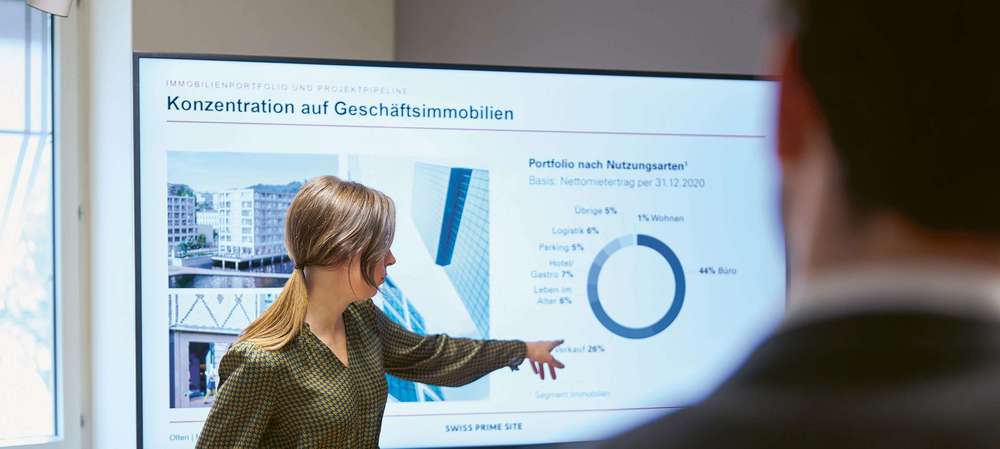Story
The real estate sector in the metaverse: a risk with real opportunities
A year ago, two announcements by Mark Zuckerberg sent expectations soaring for Web3, the next iteration of the internet. He renamed the Facebook Group Meta, while also investing billions in developing virtual platforms. Since then, companies in numerous industries have been prompted to extend their business models from the physical space into the virtual metaverse, thus positioning themselves as far-sighted organisations. Real estate developers and players from outside the industry have invested millions in «parcels» – pixels on platforms such as Decentraland and The Sandbox. In retail, brands like Nike have opened virtual flagship stores and are now selling digital product collections. Yet while all this is going on, such efforts to become pioneering players within the metaverse have met with incomprehension from many. Meta has lost around USD 500 billion in market capitalisation since the group was renamed. It could be argued that this issue has proved more polarising than almost any other. If we are to draw any conclusions about the role that the metaverse may play in the real estate sector, we need to ask three key questions.

This issue has proved more polarising than almost any other.
Bastian Zarske Bueno, Head Group Corporate Ventures & Innovation
Firstly, are people likely to spend more time in the virtual realm in future? The fact that gaming is already the foremost entertainment medium across all age groups is often overlooked. Over a third of humankind – three billion people worldwide – play video games on a regular basis, and a growing proportion of them are doing so with virtual reality (VR) headsets. Admittedly, apart from gaming, there is little evidence of a mass movement into completely virtualised parallel worlds. But could we not argue that today’s hybrid world is, in fact, a precursor to such developments?

Secondly, will the technologies that underpin the metaverse soon become widely available? The competition between technology groups such as Apple or Meta is accelerating the development of the necessary hardware, which is reflected in the falling price of AR and VR devices. The sales figures for headsets from these brands are skyrocketing, while research into gloves that allow the wearer to feel sensations from virtual interactions is well underway. The data processing and transmission infrastructure still remains an obstacle because this is insufficient for processing large amounts of data in real time in many places. Realistically, however, given the speed at which technology is evolving, it does not seem that this will present much of a hurdle for long.
Thirdly, companies should take a nuanced view of the appeal of different business models in the metaverse. Despite the risks, such as the high power consumption of many VR and AR applications, the development of virtual platforms and expansion of physical reality offer serious business opportunities. This is especially true for commercial real estate. Given the creeping «servitisation» of real estate, the metaverse may actually be the least capital-intensive way of «developing» extra space and expanding one’s portfolio – just virtually. The investment risks will pay off provided that such ventures offer new added value for users. With this in mind, real estate companies should not only concentrate on transferring their existing business models to virtual platforms, but also try to complement their existing business models and assets in a meaningful way. Areas with clear potential include virtual digital twin-based services for site users, simulations of building developments and user behaviour for planning and marketing, and the enhancement of retail spaces with social commerce. Holding future meetings and workshops in the metaverse using avatars would prove inexpensive (as it avoids the cost of room rental) and low in emissions (as the participants would not be required to travel), yet more immersive than 2D video calls. This represents both an opportunity and a risk for owners of commercial properties as value would shift along the chain.
The fact that only large tech companies are currently shaping the development of digital infrastructure is not a desirable development and runs the risk that the adverse societal consequences we have already seen due to the proliferation of social media will be repeated and exacerbated. To prevent this, real estate developers could contribute to and benefit from the appeal and economic benefits of the «living space» of the metaverse through targeted innovation. Until the metaverse reaches the peak of the Gartner hype cycle, the proof will be in the pudding.



